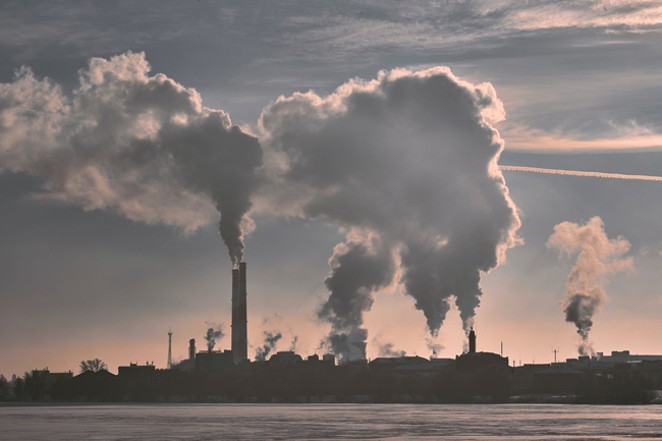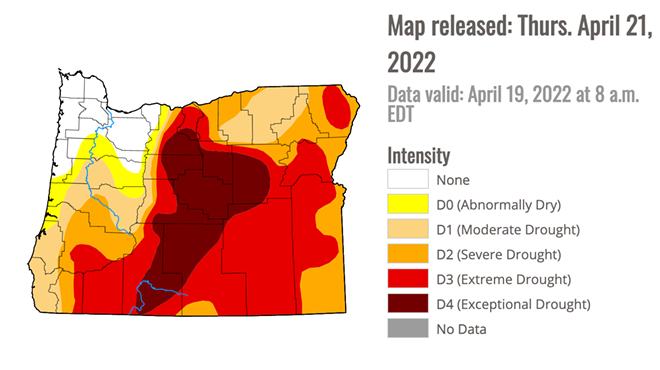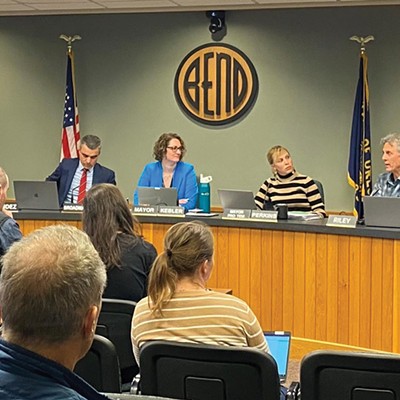Having Earth Day happen in spring is ideal. It’s easy to love our planet—and to commit to protect it—when the flowers are starting to bloom and the trees are bursting with life. There’s still abundant precipitation to water our gardens. The smoke has yet to arrive. For just a moment, we can perhaps forget that climate calamities will come for us yet again this summer. They’re coming for people in other parts of the globe right now.
And yet, despite the growing evidence, seen by our very eyes, of increased drought, fires and melting glaciers, too few of us are actually managing to change. A study published by the American Meteorological Society in 2020, titled “Don’t Tell Me What To Do,” found that the more people are “told” to change their behaviors, the more resistant they become to doing so.
As the study detailed, “regardless of the source of the information, recommendations for behavioral changes decreased individuals’ willingness to take personal actions to reduce greenhouse gases, decreased willingness to support pro climate candidates, reduced belief in the accelerated speed of climate change, and decreased trust in climate scientists.” When a proposition to mitigate something like emissions involves an individual having to change their behaviors, they’re more likely to resist, the study authors said. When a proposal involves a far-off government or company, on the other hand, people tend to be more in favor of that change.
In spite of the rhetoric that places all blame on massive corporations and governments for their pollution and lack of progress in mitigating said pollution, individual actions still matter. Individuals may blame governments for being slow and clunky and resistant to change, but as it turns out, individuals are not so unlike the bureaucratic mess that holds progress back. Progress at any scale is glacially slow, sadly.
If mandating or encouraging people to make little changes—like driving less, combining trips, turning down thermostats, investing in renewable power or conserving water—only results in people becoming more resistant, maybe it’s time to tell it straight: Maybe it’s not governments and corporations that are to blame for the environmental mess we find ourselves in. Maybe it is actually us. Earth Day has always been a time for reflection. This Earth Day, let’s all find a mirror.
























